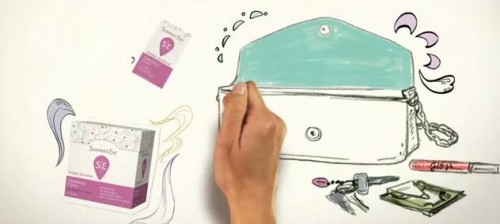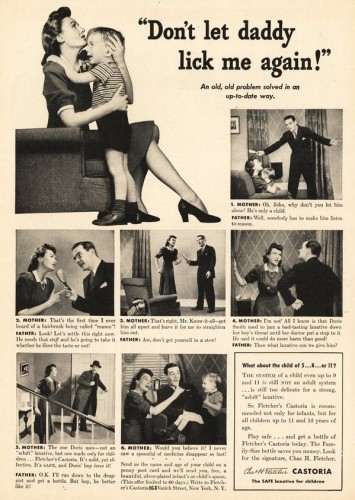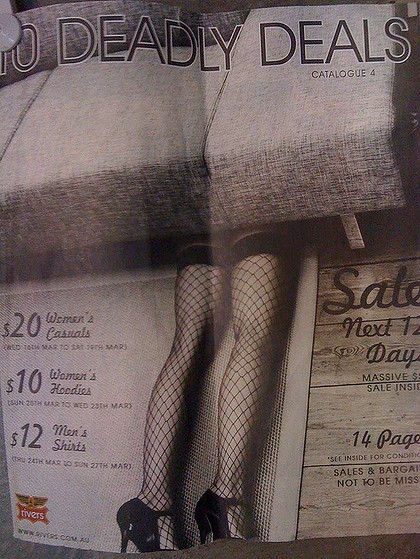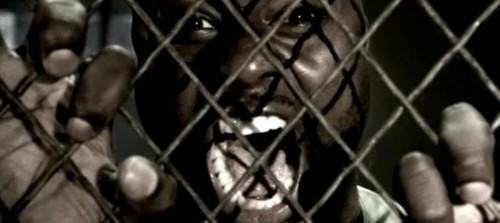Last week I went to see the last Harry Potter movie. I was a bit startled that the pre-movie commercials included this ad (thanks to Melissa H.-J., Tom Megginson, and carlafrantastic for the link!):
I was startled both because I hadn’t expected a Summer’s Eve ad at a Harry Potter showing (the 14-year-old boy I had taken with me seemed to desperately wish he could disapparate on out of there) and by the idea that the most powerful thing in the entire world is women’s vaginas — or, as Melissa points out, men’s desperate desire to get access to them through violence toward one another, with women passively waiting around to see who wins so they know who to have sex with.
And as Tom (who blogs at Work that Matters) says, if someone is going to show their vagina “a little love,” perhaps they would best do so by avoiding irritating, unnecessary products that can actually exacerbate problems like yeast infections.
Summer’s Eve also released several more “Hail to the V” ads (all posted at Gawker), sent in by Leila R., Jamie D., Joel T., YetAnotherGirl, Maeghan D., and Finette. The ads inform women that they need to carry wipes for their genitals with them at all times, because you need to clean yourself down there multiple times a day to avoid being gross; Summer’s Eve helpfully created ads targeting different ethnic groups to be sure everyone understands how important this issue is:
Here’s the African-American version:
[Video removed]
This Latina version:
[Video removed]
And the White version:
[Video removed]
Vertical smile? Are they serious with this? And as Finette says, “They’ve managed to combine ‘less than fresh down there’ vagina-shaming [omg, what subtle hints has your vagina been trying to get your attention with?!] with ethnic stereotypes! Awesome!”
UPDATE: After a lot of criticism, Summer’s Eve has pulled the ads and seems to have gotten them removed from YouTube, so none of the videos we initially posted are available any more. However, Laura S. found a clip from TYT Network discussing the ad campaign, so you can get an idea of what they were like. Thanks, Laura!








